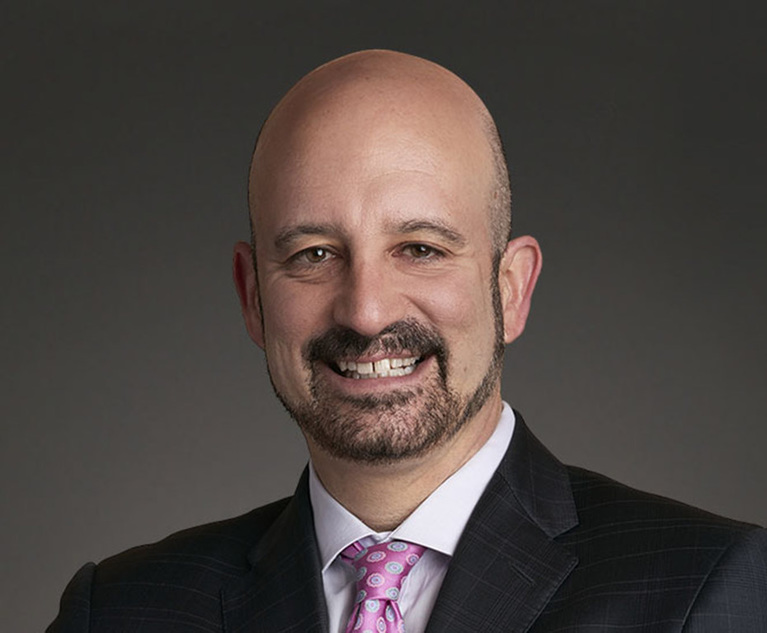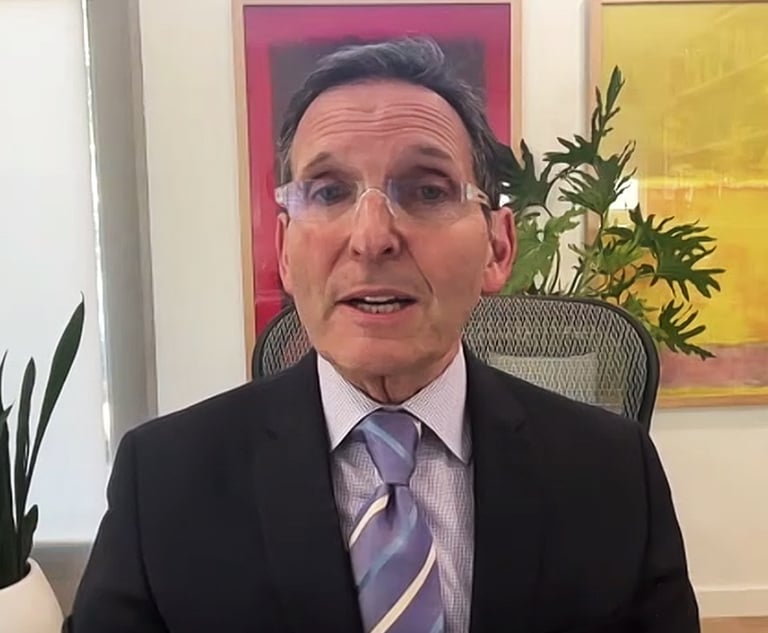Our first runners-up his week are Andrew Schapiro, Stephen Broome and Viola Trebicka of Quinn Emanuel Urquhart & Sullivan, who scored key defense wins in a pair of proposed privacy class actions brought on behalf of users of Google’s Chrome browser—cases with billions in damages potentially on the line until this week. In the first suit which alleged the company deceptively collected data from users who chose not to “sync” to their Google accounts while using Chrome to browse the web, U.S District Judge Yvonne Gonzalez Rogers in Oakland granted summary judgment to Google. Rogers found that Google adequately disclosed its practices and users consented to them. In the second, brought on behalf of those using Chrome’s “Incognito” private browsing mode, Rogers certified a class for injunctive relief, but declined to certify a class to pursue monetary damages. The judge found that individual issues of implied consent in the “Incognito” case are likely to predominate over any common issues on the damages claims.
A collective runner-up goes to the defense lawyers who got a blockbuster ruling knocking out the general causation experts in cases claiming the heartburn medication Zantac causes cancer. Last week’s 300-plus page ruling from U.S. District Judge Robin Rosenberg in West Palm Beach, Florida, also granted summary judgment to the defendants in the Zantac federal multidistrict litigation, which involves about 50,000 claims. Pfizer is represented by Joe Petrosinelli and Jessica Rydstrom of Williams & Connolly; GlaxoSmithKline is represented by Mark Cheffo and Will Sachse of Dechert, along with co-counsel at Kirkland & Ellis and Shook, Hardy & Bacon; Boehringer Ingelheim is represented by Andy Bayman and Rob Friedman of King & Spalding; Sanofi is represented by Loren Brown of DLA Piper and Anand Agneshwar of Arnold & Porter Kaye Scholer; and Patheon Manufacturing Services LLC is represented by Christopher Carton and Erica Mekles of Bowman and Brooke.







